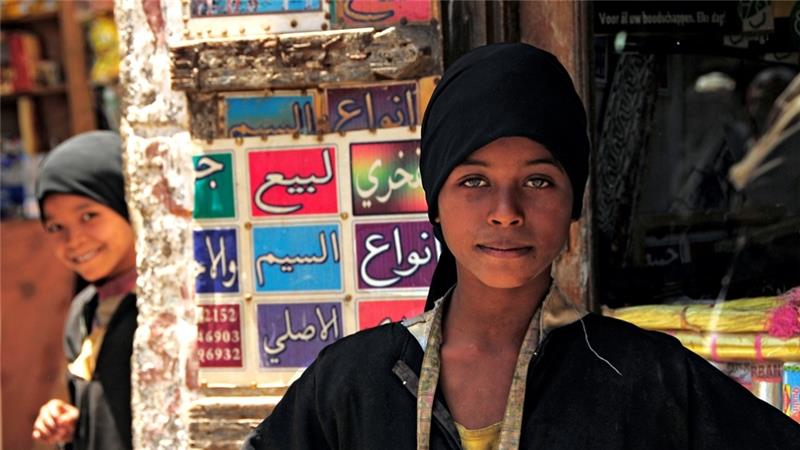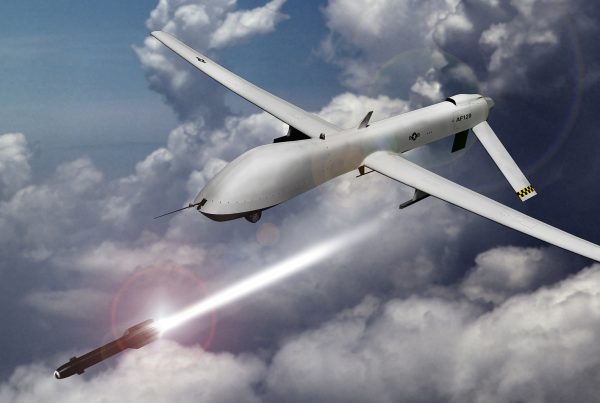When great men like Ibrahim Mothana pass away, disappointment and bitterness reach a peak. And one way to honour their legacy is to continue their struggle.
When a person like Ibrahim Mothana passes away, it is difficult to write a tribute to him. It is hard to define him or link him to a specific subject or place.
The 24-year-old was not simply an activist or a writer or even a mere Yemeni citizen. He was part of numerous causes around the world. His impact and the gap he has left touch too many people: condolences came from remote places in Yemen, from the United States and Europe.
With his exceptional, lighthearted personality, Ibrahim was the type of person who treats everyone warmly enough that many people can call him their “best friend”. He was the friend of everyone and one of his best skills was to connect people who would never have met in any other way.
Thinking of his achievements by age 24, it is not an exaggeration to say that he was decades older than his real age. “The youngest” was a key word in his life, thanks to the countless times he was named the youngest person in a given event, from being the youngest member of the Advisory Board of the Arab Thought Foundation to the youngest election observer in Yemen and the youngest participant in the Arab Economic Summit in 2010.
During the 2011 Yemen uprising, Ibrahim’s role in presenting the revolution to the western world was critical. In a country where only a handful of people speak English, Ibrahim played a critical role telling the revolution’s story to the West via conferences and western media. I never paid attention to the US drones problem until Ibrahim raised it to my attention, as he did to the world with his tweets first and then with his powerful op-eds in international media. Ibrahim’s eye made him able to see problems before they even became serious or obvious to others. Rarely did others listen to him until they saw for themselves what he was talking about.
What is most fascinating was that he never took credit for himself.
Earlier this year, Ibrahim was invited to testify before the US Senate about the US drone programme in Yemen. Although many would jump at such an opportunity, Ibrahim nominated me to testify and for days continued to stress that it was in Yemen’s interest that I testify instead. Forced by Ibrahim’s resistance, the Senate invited me to speak. Ibrahim submitted written testimony. Driving me from the airport after I came back from the US, I thanked him for “passing the ball”. Stressing that he expected me to do the same if he had a better shot, he recalled an inside joke between us that we are like Ali Mohsen and Ali Saleh: they partnered a lot but one day they would fight each other. He never forgot to add his sense of humour to any serious conversation.
The most impressive things about him are those known to only few people. Coming from a rich family, he was expected to grow up spoiled, less of a struggler and less concerned about public interest. But his family’s wealth did not prevent him from working during high school. He spent his time reading and educating himself about the world and beyond. He refused to be a boy who cared only about his family business. He became a prominent activist in his teenage years as he travelled around Yemen and the world trying to understand things and speak about them.
He was confident but also one of the most humble people one could ever meet – a rare combination in our society.
Nasser, an unemploye young man, spent the days after Ibrahim’s death crying and screaming, and asked how “can someone like him die and someone like me live”?
He remembered Ibrahim’s last day, which he spent with him in one of Sanaa’s public cafes and on a tour outside Sanaa.
No one met Ibrahim and did not admire or love him. Even those who disagreed with him strongly, including me on one occasion, admired his achievements, his principles and his views.
When great men like Ibrahim pass away, disappointment and bitterness reach a peak. And one way to honour their legacy is to continue their struggle.
Farea Al Muslimi is a Yemeni activist and writer
On Twitter: @almuslimi







